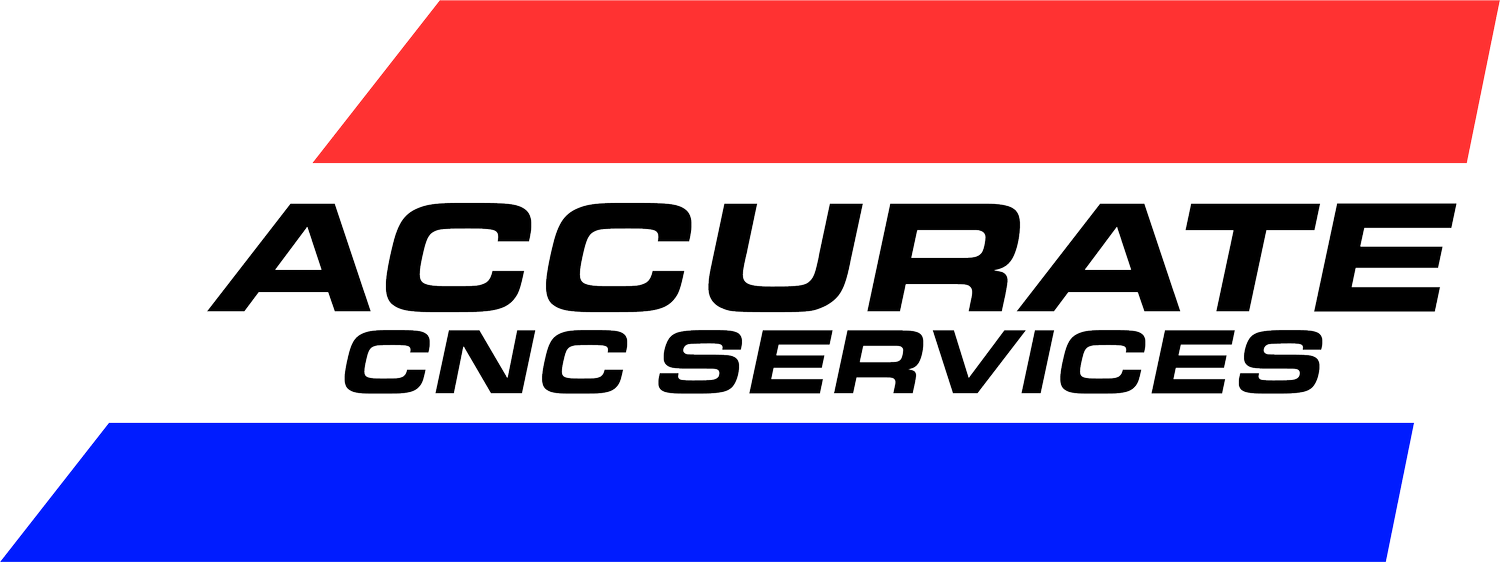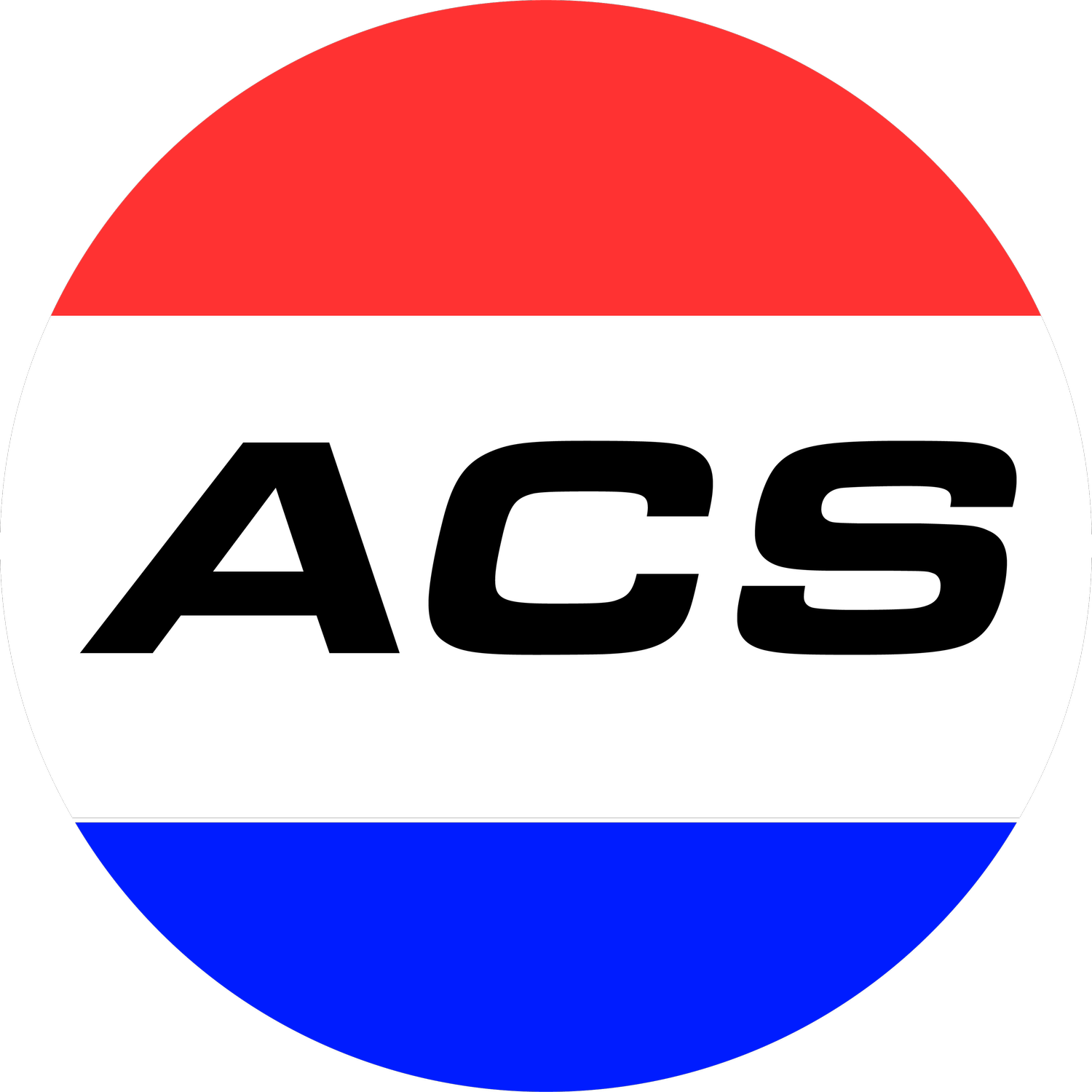PVC: The Affordable and Versatile Thermoplastic Polymer
PVC (also known as polyvinyl chloride or simply “vinyl”) is one of the most widely used thermoplastic polymers in the world—and with good reason! PVC is affordable, strong, lightweight, and well-suited for a wide range of environments and applications.
Let’s take a look at the many uses and advantages of PVC, the third-most manufactured plastic in use today.
Everything You Should Know About Machining PVC
We machine many types of plastic in our precision machine shop. If you ask us, PVC is an incredibly versatile material that more customers should consider for their precision machined plastic parts.
Uses for PVC
PVC is successfully used throughout many industries, including:
Agriculture
Automotive
Construction
Electronics
Fashion
Healthcare
Plumbing
Sewage
You’ll find PVC in products such as:
Water and drainage pipes
Home siding and window frames
Clamshell packaging and medication bottles
IV bags and flexible tubing
Flooring and wiring
Shoes and shower curtains
PVC’s impressive properties
This synthetic resin is primarily derived from an abundant natural resource: salt. As a result, PVC products are more environmentally friendly than many other polymer products.
PVC is also prized for these defining properties:
Chemical resistance. PVC resists all inorganic chemicals, including aliphatic hydrocarbons, diluted acids, and diluted alkalis.
Cost-to-performance ratio. PVC is very affordable, particularly if you consider its long lifespan!
Durability. Outdoor products last longer with PVC, which has high impact strength and effectively resists abrasion, corrosion, chemical rotting, shock, and weathering.
Electrical properties. Due to its good dielectric strength, PVC is a popular choice for electrical insulation.
Fire performance. PVC’s high chlorine content contributes to its oxidation index of >/- 45, making the material self-extinguishing.
PVC vs. other thermoplastics
PVC’s combined affordability and durability make it highly desirable!
UHMW is less expensive than PVC but not nearly as dimensionally stable. The thickness tolerance of UHMW is +/- 10%—a significant possible variance, especially on thicker sheets! In contrast, PVC has a thickness tolerance of only +/- 5% for sheets up to 1” thick.
PEEK and acetal are both excellent material choices, but they cost much more than PVC. Unless your application requires the particular properties of PEEK or acetal, PVC may be an excellent alternative.
Machining PVC
From a machining perspective, PVC is tough on manufacturing tools.
The material machines nicely on a mill. However, when machining PVC with a lathe, our team consistently swaps old tooling for new because the material so quickly abrades and dulls the cutters. With fresh tools, we ensure clean edges on your parts.
PVC is also easily extruded, with impressive chemical resistance that makes the material easy to fuse, glue, or weld to itself; it’s understandably a popular choice for plumbing applications.
Get Plastic Machining Services from Accurate CNC
During the height of the pandemic, sheets of PVC thicker than 1.5” were difficult to come by, but PVC is generally easy to find in many sheet thicknesses and shapes. In fact, we keep several dimensions of PVC in-house for plastic machining services.
The Accurate CNC team frequently manufactures parts with 0.75” gray sheet PVC as well as white PVC for water filtration systems. We also commonly machine PVC door assemblies and 2”-thick plenum bodies.
If you need PVC parts, reach out and talk to our team about the possibilities!
Use our easy online portal and get a quote for plastic machining services!


